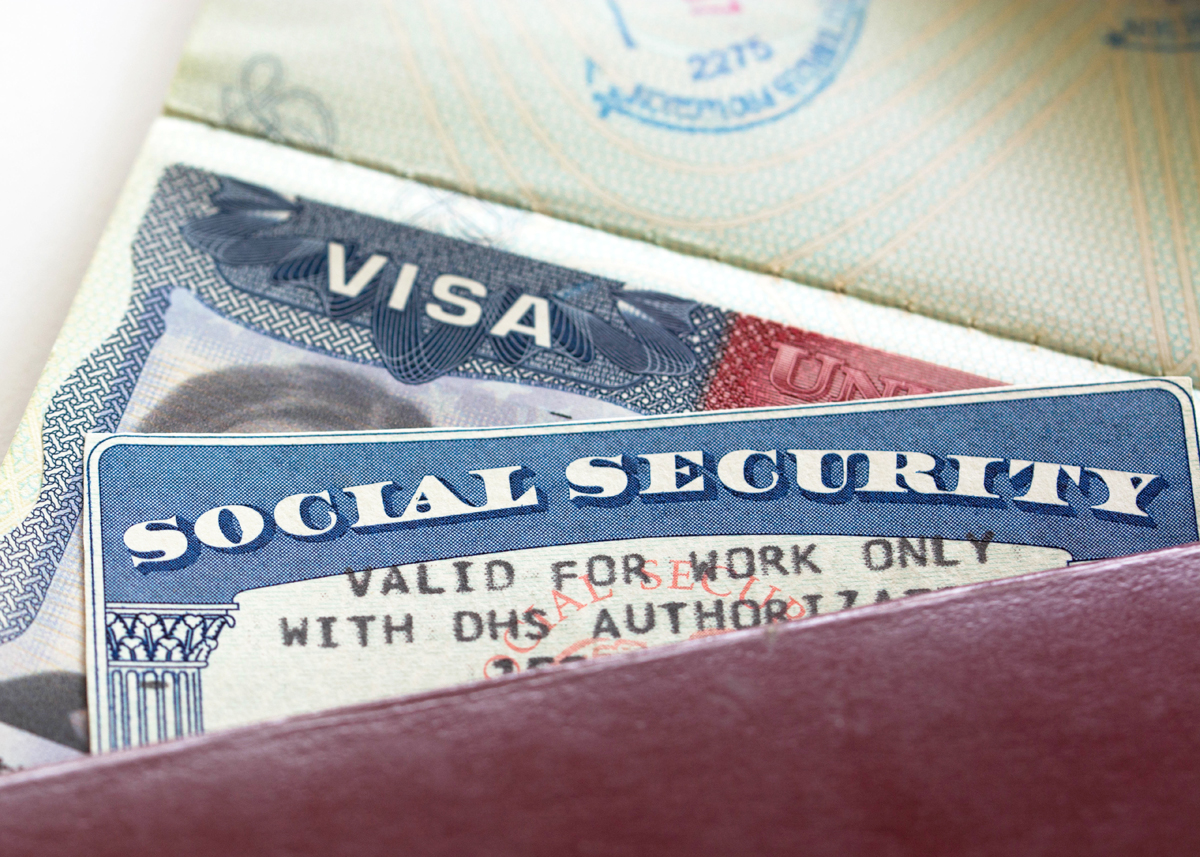H-1B Workers May Work for More Than One Employer: USCIS
Foreign workers in the U.S. on a H-1B work visa, the most sought after among Indian IT professionals, may work for more than one company, USCIS has said, writes Lalit K Jha. Meanwhile, implementation is underway while the USCIS proposes rulemaking to end the International Entrepreneur Rule parole program. The USCIS is currently accepting applications under the International Entrepreneur Rule program.
The H-1B visa is a non-immigrant visa that allows U.S. companies to employ foreign workers in specialty occupations that require theoretical or technical expertise. The technology companies depend on it to hire tens of thousands of employees each year from countries like India and China.
“In general, H-1B workers may work for more than one employer but must have approved I-129 for each,” the U.S. Citizenship and Immigration Services tweeted Dec. 12..
“New employer must submit an I-129 petition before you may begin working,” the USCIS said.
Form I-129 is a form submitted for a non-immigrant worker to the USCIS used by employers or prospective employers to obtain (or amend the details of) a worker on a non-immigrant visa status.
While this is not a new rule, but very few people know about it.
The H-1B visa has an annual numerical limit cap of 65,000 visas each fiscal year as mandated by the Congress. The first 20,000 petitions filed on behalf of beneficiaries with a U.S. master’s degree or higher are exempt from the cap.
Additionally, H-1B workers who are petitioned for or employed at an institution of higher education or its affiliated or related nonprofit entities or a nonprofit research organization or a government research organization are not subject to this numerical cap.
Meanwhile, an American think-tank, the Cato Institute in a report said that in 2015, a total of 56 percent of all supposed employment-based green cards went to the family members of workers. The other 44 percent went to the workers themselves.
If family members were exempted from the quota or there was a separate green card category for them, an additional 76,711 highly skilled immigrant workers could have earned a green card in 2015 without increasing the quota.
According to the institute, about 85 percent of those who received an employment-based green card in 2015 were already legally living in the U.S.
“They were able to adjust their immigration status from another type of visa, like an H-1B or F visa, to an employment-based green card. Exempting some or all of the adjustments of status from the green card cap would almost double the number of highly skilled workers who could enter,” it said.
In a blog post, Immigration Attorney Tsion Chudnovsky said immigration lawyers are seeing a big change in how visas are being processed in 2017 and many expect denial rates to increase to 40 percent in this year’s H-1B cap. The USCIS has started challenging H-1Bs which would have no problem being approved in the past, she said.
USCIS to Begin Accepting Applications Under the International Entrepreneur Rule
U.S. Citizenship and Immigration Services announced, Dec. 13, it is taking steps to implement the International Entrepreneur Rule (IER), in accordance with a recent court decision.
Although the IER was published during the previous administration with an effective date of July 17, it did not take effect because the Department of Homeland Security (DHS) issued a final rule on July 11, delaying the IER’s effective date until March 14, 2018. This delay rule was meant to give USCIS time to review the IER and, if necessary, to issue a rule proposing to remove the IER program regulations.
However, a Dec. 1, ruling from the U.S. District Court for the District of Columbia in National Venture Capital Association v. Duke vacated USCIS’ final rule to delay the effective date. The Dec. 1 court decision is a result of litigation filed in district court on Sept. 19, which challenged the delay rule.
The IER was published during the previous administration to provide an unlimited number of international entrepreneurs a new avenue to apply for parole, enter the U.S., and use American investments to establish and grow start-up businesses. Parole is a discretionary grant made by the Secretary of Homeland Security and is granted only on a case-by-case basis for urgent humanitarian reasons or significant public benefit. The rule established new criteria to guide the adjudication of parole applications from certain foreign entrepreneurs, providing them with temporary permission to come to the country. The rule did not afford a path to citizenship, which only Congress can do.
On Jan. 25, President Trump issued Executive Order 13767, Border Security and Immigration Enforcement Improvements, which requires the Secretary of Homeland Security to ensure that parole authority is exercised only on a case-by-case basis, and only when an individual demonstrates urgent humanitarian reasons or a significant public benefit due to the parole.
Guidance on how to submit IER applications is available on our International Entrepreneur Parole page.
While DHS implements the IER, DHS will also proceed with issuing a notice of proposed rulemaking seeking to remove the Jan. 17, 2017, IER. DHS is in the final stages of drafting the NPRM.
For more information on USCIS and its programs, please visit uscis.gov or follow us on Twitter (@uscis), YouTube (/uscis), Facebook (/uscis), and Instagram (@USCIS).


